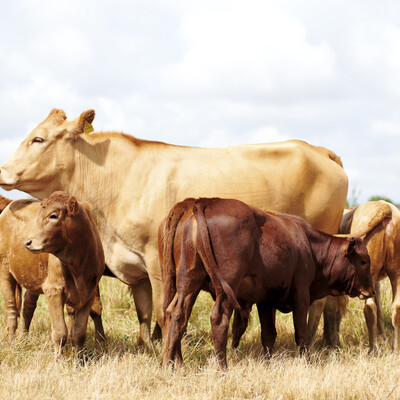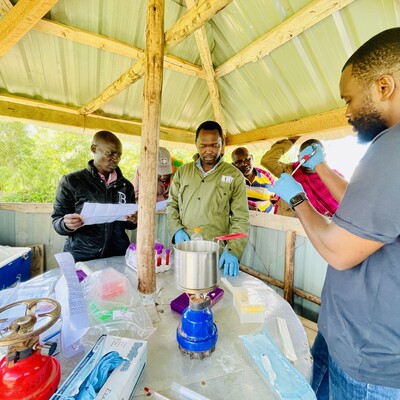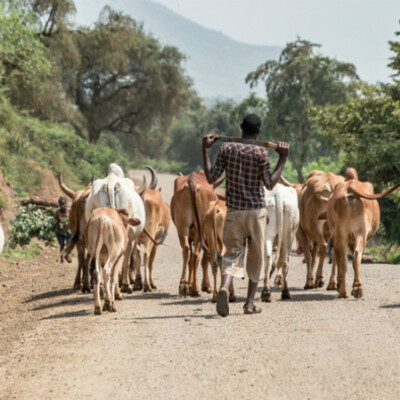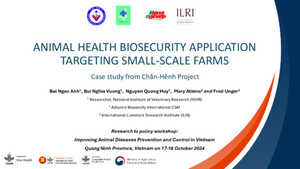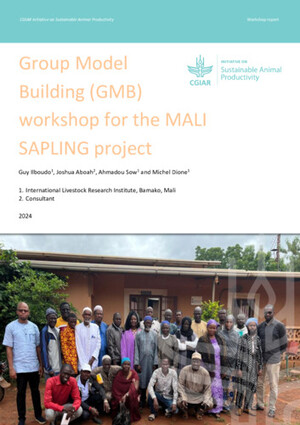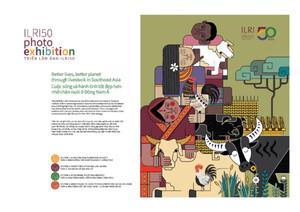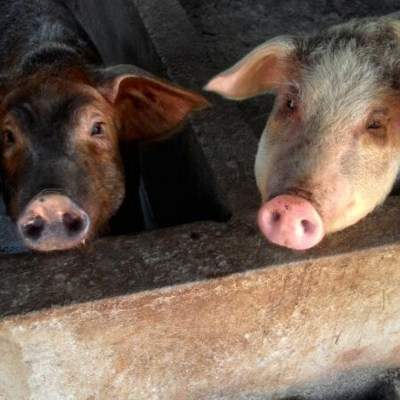
‘Tip of the iceberg’: is our destruction of nature responsible for Covid-19?
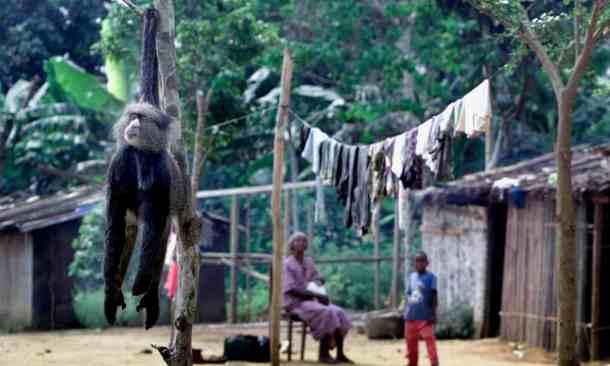
A dead monkey sold as bushmeat hangs outside a villager’s house in north-east Gabon. Photograph: Christine Nesbitt/AP
An article in The Guardian newspaper raises the question of whether human destruction of nature is responsible for mass pandemics like COVID-19.
It quotes Eric Fevre, a principal scientist at the International Livestock Research Institute, on the ubiquity of possible germ sources: ‘”There are countless pathogens out there continuing to evolve which at some point could pose a threat to humans’, he says. “The risk [of pathogens jumping from animals to humans] has always been there.”’
And it quotes ILRI’s Delia Grace, co-Leader, animal and human health program, on the importance of taking a measured approach to wet markets, like the one in Wuhan, China where the virus is thought to have originated:
“These markets are essential sources of food for hundreds of millions of poor people, and getting rid of them is impossible,” says Delia Grace, a senior epidemiologist and veterinarian with the International Livestock Research Institute, which is based in Nairobi, Kenya. She argues that bans force traders underground, where they may pay less attention to hygiene.
The full article is available here.






